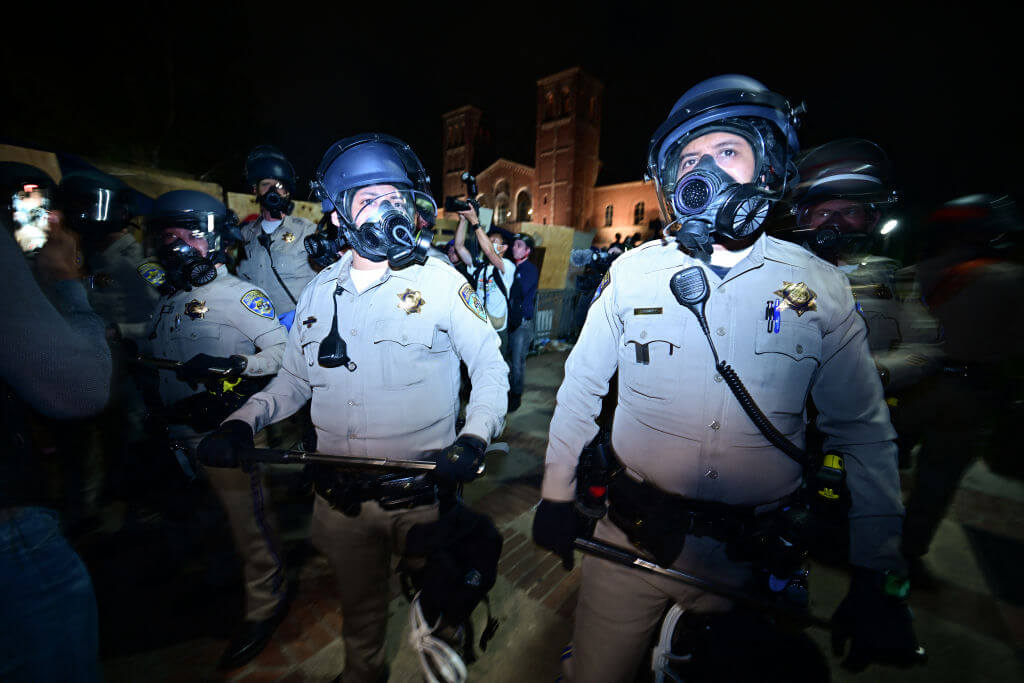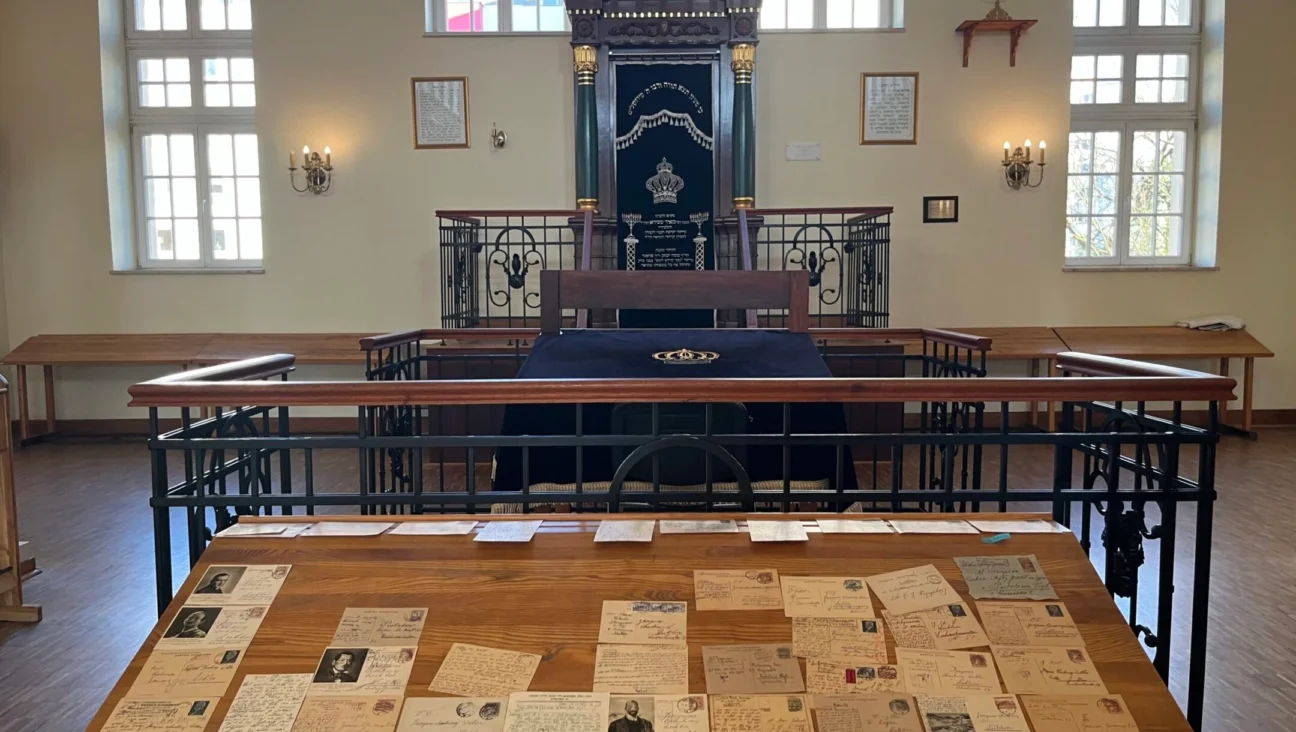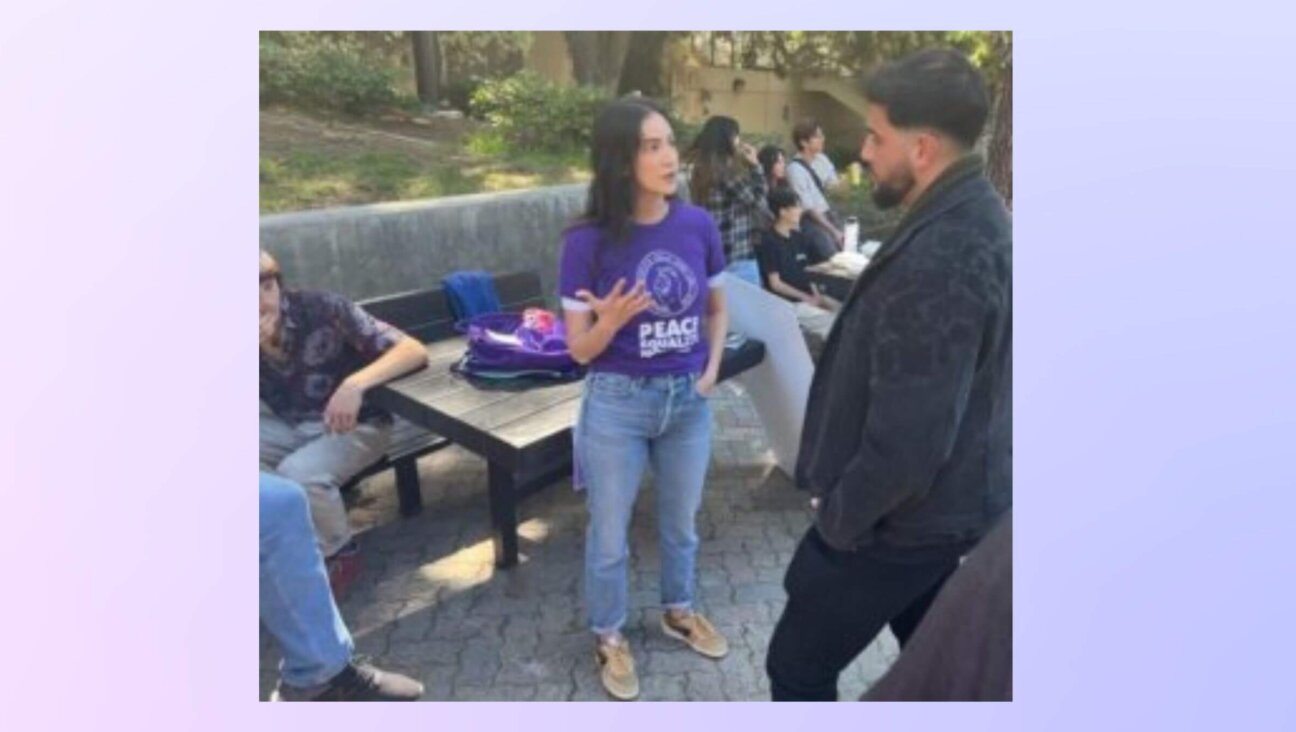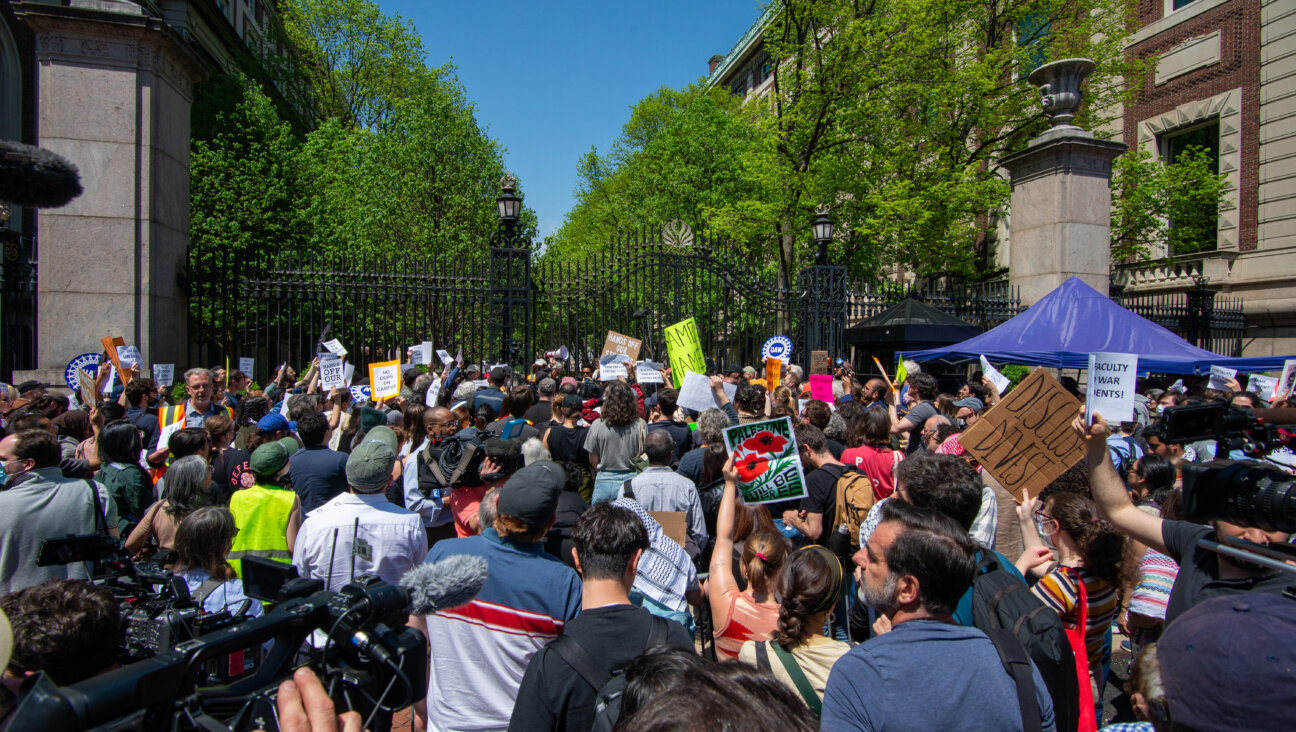Museum Draws Ire
Dozens of Holocaust survivors gathered Monday for a town hall meeting in Florida to voice their anger over the way a set of Holocaust archives is being handled by the United States Holocaust Memorial Museum.
The archives in question are coming from Bad Arolsen, Germany, and contain millions of documents that describe Nazi atrocities during the Holocaust. A recently negotiated international agreement, which has yet to go into effect, arranges for 11 countries, including the United States, to gain access to the documents for public use. The Holocaust museum in Washington is receiving the one American copy of the documents. A number of survivor organizations are upset that the museum is not planning to make the documents available online. Museum officials have countered that many legal and technological barriers prevent an Internet-based system from being arranged.
Monday’s town hall meeting, which was sponsored by almost 20 Jewish communal organizations, featured a telephone discussion with staff of the German archives.
Edwin Black, a journalist who has led the reporting on the archives, moderated the meeting. Black said that representatives from the museum were repeatedly asked to participate in the discussion, but they declined.
“They don’t like answering questions from people who can challenge their point of view,” Black told the Forward.
A USHMM representative said that the museum was encouraging survivors to contact it directly.

I hope you appreciated this article. Before you go, I’d like to ask you to please support the Forward’s award-winning, nonprofit journalism during this critical time.
Now more than ever, American Jews need independent news they can trust, with reporting driven by truth, not ideology. We serve you, not any ideological agenda.
At a time when other newsrooms are closing or cutting back, the Forward has removed its paywall and invested additional resources to report on the ground from Israel and around the U.S. on the impact of the war, rising antisemitism and the protests on college campuses.
Readers like you make it all possible. Support our work by becoming a Forward Member and connect with our journalism and your community.
Make a gift of any size and become a Forward member today. You’ll support our mission to tell the American Jewish story fully and fairly.
— Rachel Fishman Feddersen, Publisher and CEO
Join our mission to tell the Jewish story fully and fairly.
























